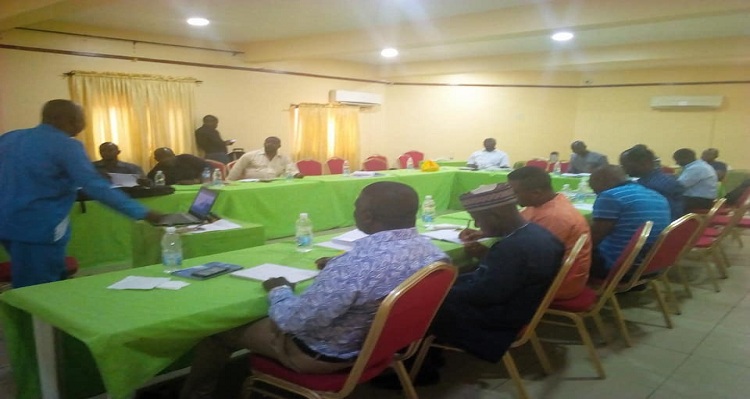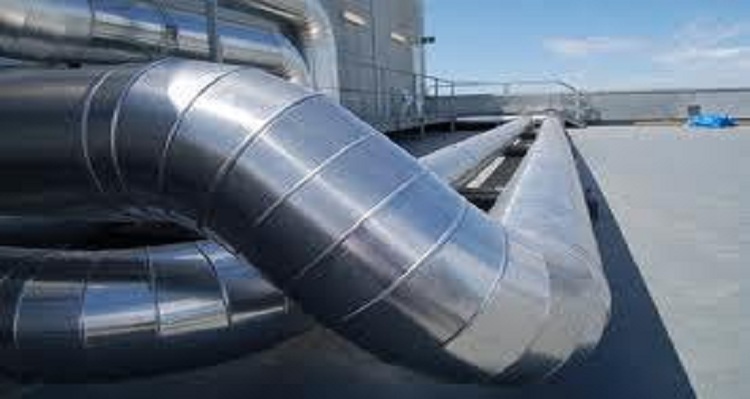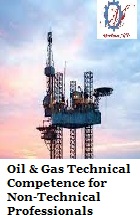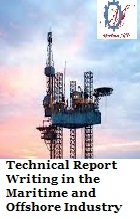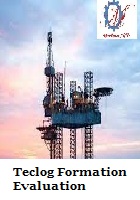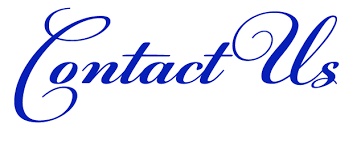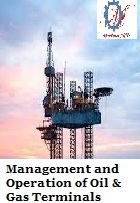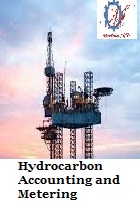An Intensive 5-Day Training Course
Technical Report Writing in the Maritime & Offshore Industry
Technical Report Writing in the Maritime & Offshore Industry
Tutor-Led Class @ NGN350,000.00 per Participant
Online @ NGN300,000.00 Per participant
On-Site to make formal request
Venue: Mechelectric Conference Centre, Ikeja, Lagos
Date and Time: December 1 - 5, 2025; 0900Hr - 1600Hr Daily
Course Overview
Technical Report Writing (T.R.W) should have a purpose; it is a technique and acquired skill. To achieve your purpose you have to make sure the intended reader looks at and understands what you have written, and why you have written it. You have to make an impression by style and presentation on the ‘target’, and that any person who accesses it understands what you have written. Effective writing is writing that achieves the purpose of the writer.
WorkmanSkills Technical Report Writing in the Maritime and Offshore Industries training course acquaints the participants with the technical report writing skills and explains how to utilize them in the maritime, offshore, Oil/Gas and port industry sectors. This comprehensive 5-day training course looks at practical and proven techniques in project delivery written communications, and uncovers the keys to successful technical report writing.
Delegates attending WorkmanSkills Technical Report Writing in the Maritime and Offshore Industries training course will develop the following competencies:
Course Objectives:
This WorkmanSkills Technical Report Writing in the Maritime and Offshore Industries training course is designed to provide participants with the skills and knowledge to successfully deliver concise technical reports. Participants will:
Target Audience:
This WorkmanSkills training course is tailored for all personnel who are exposed to, involved in or responsible for the successful delivery of maritime and offshore projects, but will greatly benefit:
How will this Training Course be Presented?
This WorkmanSkills training course will be conducted along workshop principles with formal lectures and interactive examples, which will result in the active participation of all delegates in discussions and teamwork of problem solving. There will be several class-workshops during which case studies and real life problems will be solved in team work. This will provide understanding of the problems and illustrate the efficient application of modern maintenance optimization technologies. There will be ample opportunities for active, open discussions and sharing professional experiences on various industrial applications. Course materials will be provided.
Course Outlines
Module 1 : The Basics of Technical Report Writing
Module 2 : Structure and Style
Module 3 : Elements of Style
Module 4 : Report Writing
Module 5 : IT and Deciding to Invest in IT Equipment
The Certificate
Certificate of Completion will be provided to delegates who attend and complete the course
Technical Report Writing (T.R.W) should have a purpose; it is a technique and acquired skill. To achieve your purpose you have to make sure the intended reader looks at and understands what you have written, and why you have written it. You have to make an impression by style and presentation on the ‘target’, and that any person who accesses it understands what you have written. Effective writing is writing that achieves the purpose of the writer.
WorkmanSkills Technical Report Writing in the Maritime and Offshore Industries training course acquaints the participants with the technical report writing skills and explains how to utilize them in the maritime, offshore, Oil/Gas and port industry sectors. This comprehensive 5-day training course looks at practical and proven techniques in project delivery written communications, and uncovers the keys to successful technical report writing.
Delegates attending WorkmanSkills Technical Report Writing in the Maritime and Offshore Industries training course will develop the following competencies:
- Ensure the thoughts of the writer become the desired actions of the reader
- Remove the misunderstandings of complex and technical language constraints in the Maritime, Offshore, Oil / Gas, Petrochemical and Port industries
- Provide techniques that master effective written communications
- Advanced skills and processes to successfully submit effective and efficient technical reports
Course Objectives:
This WorkmanSkills Technical Report Writing in the Maritime and Offshore Industries training course is designed to provide participants with the skills and knowledge to successfully deliver concise technical reports. Participants will:
- Develop an understanding of communication constraints and demands when report writing
- Learn to optimize your report writing ability
- Recognize the keys to successful technical writing and drafting of reports
- Understand how to apply proven techniques
- Learn to identify and manage the risks associated with poor writing skills and abilities
Target Audience:
This WorkmanSkills training course is tailored for all personnel who are exposed to, involved in or responsible for the successful delivery of maritime and offshore projects, but will greatly benefit:
- Non-Technical Professionals
- Project Engineers & Planners
- Project Management Professionals
- Cost Estimators
- Asset Managers
- Quality Assurance Professionals
- Contracts & Procurement Professionals
- Discipline Engineers
- Technical Assistants
How will this Training Course be Presented?
This WorkmanSkills training course will be conducted along workshop principles with formal lectures and interactive examples, which will result in the active participation of all delegates in discussions and teamwork of problem solving. There will be several class-workshops during which case studies and real life problems will be solved in team work. This will provide understanding of the problems and illustrate the efficient application of modern maintenance optimization technologies. There will be ample opportunities for active, open discussions and sharing professional experiences on various industrial applications. Course materials will be provided.
Course Outlines
Module 1 : The Basics of Technical Report Writing
- The need for and the purpose of effective report writing
- Types of writing
- What is expected of you?
- Edit then Edit again
- Common elements – content, clarity, style and language
- The offshore Oil / Gas and Maritime Industry – its special needs
- Preparation, audience general format
- Aims, objectives, style
- Information handling techniques – storage and reproduction
- Appearance
- Purpose and objective
- Contracts
- Format
- Drafting and Planning
- Purpose of research and accuracy
- The human elements
- First, second and third person
- What is passive voice?
- Organizing information
- Time management
Module 2 : Structure and Style
- Contents, introduction, executive summary, background, procedures, findings, sub headings conclusion, recommendations, reference, bibliography, appendixes
- Layout and logic
- Font
- Type
- Line spacing
- Abstracts
- Narrative
- Margins
- Numbers
- Tables and figures
- Acknowledgments
- Abbreviations
- Keep the word count down
- Formal language
- Overworked words
- ‘Wooley’ qualifiers
- Emotional and ‘leading’ words
- Tenses
- Punctuation and common mistakes
- Numbering and Headings
- Illustrations and diagrams
- Critical thinking
Module 3 : Elements of Style
- Word choice, Accuracy and Courtesy
- Sentence structure
- Understanding jargon
- Be Clear. Be Concise. Be correct
- How to engage the reader
- Revision
- Parallel Rules
- ‘Wordines’
- Consistency
- Copy + Paste = PLAGIARISM
- ‘TURNITIN’ Detection
- References, Journals and Papers
- Key Features of a Good Technical Report and how to write it
- Quick and easy form of communication
- Design for selective reading
- Use figures and diagrams to convey data
- Exercise – Full Review and Case Studies of Technical Reports from Harvard (U.K) and M.I.T Universities (U.S.A)
Module 4 : Report Writing
- Incident reports
- Survey and Technical papers
- Engineering Reports
- Investigation reports
- Expert Reports
- Site Visit Report
- Updates
- Laboratory Report
- Discussion Reports
- Results Report
- Observation Reports
- Conference Reports
- Power Points
- Experimental Reports
- Assessment and condition reports
Module 5 : IT and Deciding to Invest in IT Equipment
- Computer Hardware and Software
- Document Security
- Fax and Emails
- The World Wide Web
- Glossary of IT Terms
- Disclosure of reports and communications
- Civil and criminal procedures for report writers
- Exercise – Submission of a full Technical Report from Delegates and Assessment of Technical Reports
The Certificate
Certificate of Completion will be provided to delegates who attend and complete the course



